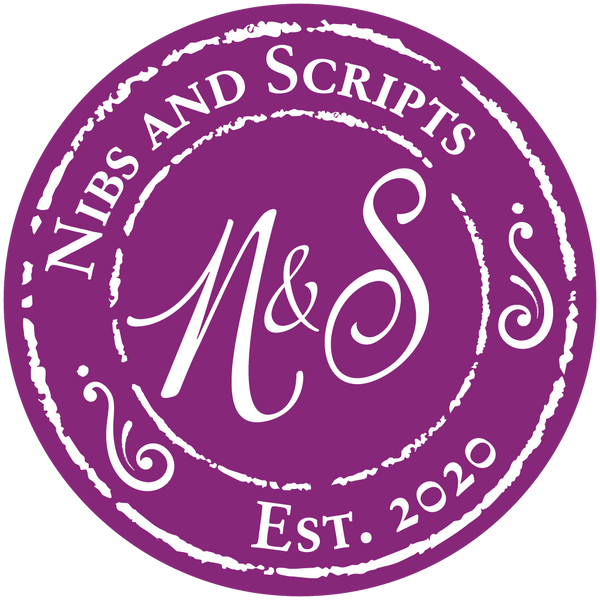Happy Easter - History and Symbolism from bunnies to new beginnings
Share
The history of Easter Holidays
Easter is celebrated by many different countries and cultures around the world. While the significance of the period may vary in different countries and cultural groups, it is generally seen as a time of reflection and celebration.
The significance of Easter in different cultures
Easter generally takes place on the Sunday following the first full moon of the spring (Vernal) Equinox. However, it is sometimes celebrated a week earlier if there is a conflict with the Passover dates.
Easter in Christianity
In Christianity, Easter is celebrated following the 40-day fasting period of Lent. For Christians, this time signifies the remembrance of the story of Jesus’ crucifixion and resurrection on Easter Sunday.
While it is said by some sources that Easter celebrations originated from Christianity, there are many traditions that some people have adapted that have no root in the religion at all.
Easter eggs and bunnies
Many people have memories of decorating plastic eggs and participating in Easter egg hunts at school or in their neighborhood. This tradition dates back to the 13th century and continues today. Children enjoy the chase and adventure of searching for hidden eggs and, even more so, the prizes that are usually hidden within the eggs. The organizers of these hunts usually fill them with chocolates or other kid-friendly treats.
Though the exact origins of the Easter bunny are unknown, it has definitely become a very prominent feature of the celebration.
In some cultures, the eggs and bunnies symbolize fertility and rebirth. Since Easter is at the beginning of spring, when plants bloom and animals tend to give birth, it is not surprising that the eggs are associated with these meanings.
Easter Lunch
Here in Canada, some of us celebrate Easter by having an Easter lunch. This lunch typically includes popular traditional Canadian dishes like Maple Baked Beans, Potatoes Nicoise, and apple tart. Easter plays and songs are also usually a part of the season’s festivities.
What to write on an Easter card?
No matter their reason for celebrating the season, you want your card to be meaningful and personal. The beauty of personalized greeting cards is that you can tailor them to exactly who you want to give them to.
For the religious -
If the intended of the card celebrates Easter due to religious reasons, you may want to include elements specific to their celebrations. Mentioning the resurrection of Jesus and wishing them an overall peaceful, reflective holiday season is a great place to start.
A relevant Bible verse could also be a nice finishing touch.
For the season (spring)
If we’re honest, by the time Easter rolls around, and we finally begin to see the beautiful bloom of the flowers and hear the birds chirp again, we’re all mostly just glad to see winter go! It is perfectly okay to send a loved one season’s greetings just because it’s spring.
Spring and Easter both celebrate newness and rebirth. These are great elements to include in your card to your loved ones.
For the fun
If you are someone who just loves celebrating, and you enjoy the festivities that Easter has to offer, include this in your card. Keep it short and sweet and add a clever joke to make it even more fun and memorable!
---
Whichever way you choose to celebrate the Easter holidays, remember that words are a great way to communicate your truest feelings. Customize and personalize your greeting cards with Nibs and Scripts, not just for Easter, but for all seasons and celebrations!
